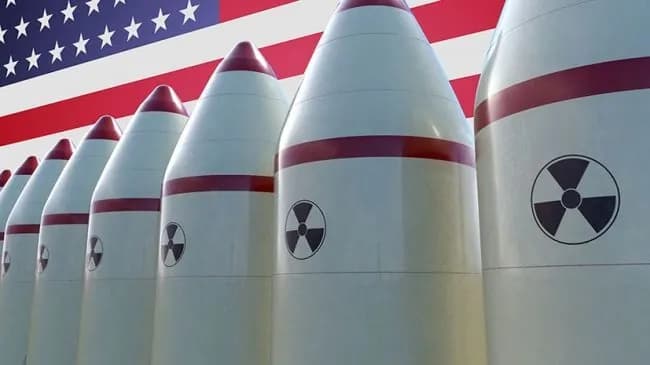If the United States is the first to try to resume nuclear weapons testing, it will quickly realize how naive it was, Foreign Affairs writes, UNN reports . The United States has the technical advantage of its nuclear arsenal only because Russia and China have stopped testing, and Washington has invested heavily in research, the publication notes.
Details
Republican presidential candidate Donald Trump's team is once again putting forward the idea of the United States resuming nuclear weapons tests, but if this happens, Russia and China will surely follow suit, the author of the article believes. Other countries, such as Iran or Saudi Arabia, which are capable of producing weapons, could also start testing. As a result, the US nuclear adversaries will become even more capable, Foreign Affairs writes.
The publication reminds us that the proponents of the use of atomic bombs in Hiroshima and Nagasaki believed that the United States would have a nuclear monopoly for decades. However, Moscow got its own bomb in less than four years. Subsequently, they argued that the development of the hydrogen bomb would return leadership to Washington. The USSR got it two years after the United States, and then other countries, including China, followed suit.
Former Trump national security adviser Robert O'Brien suggested in an article for Foreign Affairs that the United States should resume underground nuclear explosions in the Nevada desert.
“The United States needs to maintain technical and quantitative superiority over the combined nuclear arsenals of China and Russia,” he said.
To do this, he said, Washington should test new nuclear weapons “in reality, not just using computer models” for the first time since 1992.
The country has conducted more nuclear explosions (1149) than Russia (969) and China (45) combined. However, “the United States has almost never taken nuclear weapons out of the arsenal and tested them by detonating them in the desert,” the publication notes.
The United States stopped testing in 1992, and in 1996 it signed but did not ratify the Comprehensive Nuclear-Test-Ban Treaty (CTBT), as did China.
The country had a technological advantage at the time, including fiber-optic cables and supercomputers that were far superior to those in Russia and China. The United States also created an infrastructure for research, including the underground Subcritical Experiments Laboratory (PULSE), where experiments are conducted with small amounts of plutonium, which allows us to understand how nuclear weapons work without real tests, the publication notes.
